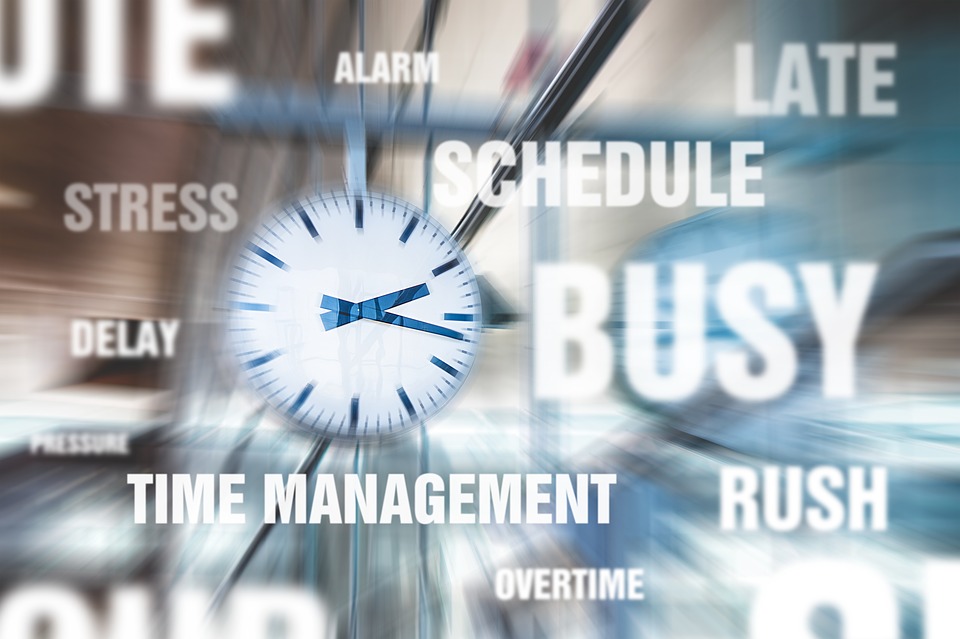3 Guidelines to Keep Crises at Bay
Crisis management comes with the territory of being a public relations professional. Part of your job is being the other end of a phone call when a crisis arises with one of your clients. There are some specific steps that the best PR professionals take that ensure you handle these situations in the most effective way possible.
- Take immediate and responsible action.
Your timeline goes out the window in times of peril. As a PR professional you need to be able to think on your feet and think of how to handle a situation that’s thrown at you on the fly. Take a step back and think about the long-term effects of how each approach could potentially reach the audience. It will help to think ahead and look at the best way to address the crisis while preserving the brand’s image and reputation.
- Don’t try to cover anything up.
Once a crisis arises, the worst thing a PR pro can do is to try to sweep it under the rug. You must remember that more people will know about the incident than you may think, and it’s easier to catch word of the crisis than to hear the responding action or statement. Address not just your entire audience but the public at large and own up to what happened. Give a reasonable explanation to avoid any more injury to your client’s name or reputation.
- Consider who would be the best spokesperson.
During crisis management, you need to think about the person best suited to represent the brand in a time of peril. It’s not always who you may think – CEOs or presidents. Nothing is worse in a time of brand crisis than an apology or explanation that seems disingenuous. Find someone who is trustworthy, reliable and personable to portray the message on behalf of the brand. This person needs to read as genuine to an audience so that the audience takes the message sincerely and wholeheartedly.





